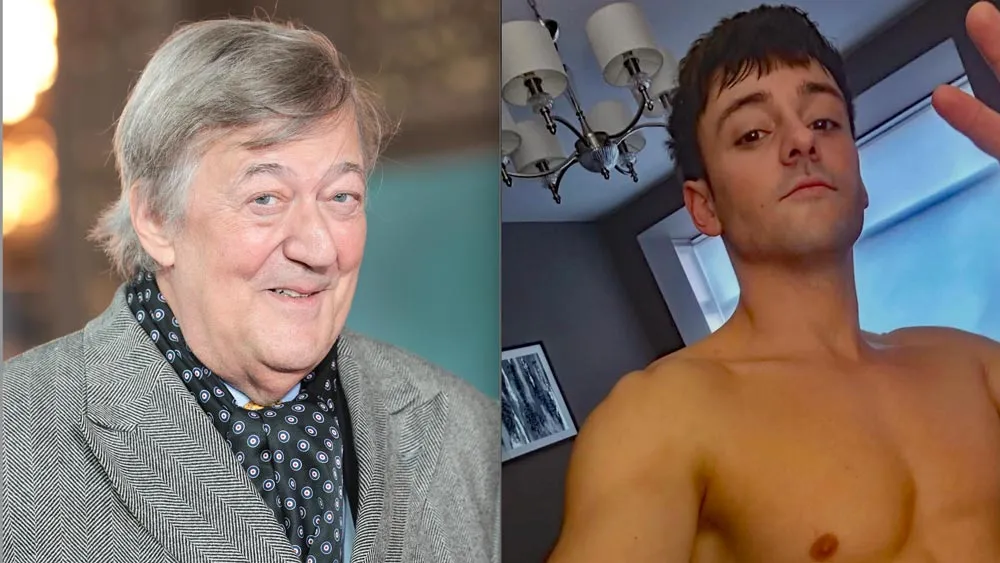February 13, 2016
Pakistani Oscar-Nominated Film Tackles 'Honor' Killings
Kathy Gannon READ TIME: 4 MIN.
When Saba Qaiser was 19 years old, her uncle and father shot her in the head, stuffed her in a bag and threw into a river to die. They said she had shamed her family when she married the boy of her choice.
She crawled from the water, severely wounded. It was pitch black. She grabbed hold of the scraggly bushes on the river's edge and pulled herself to safety. In the distance, Saba could see only the single headlight of a motorcycle and then a gas station.
"Save me. Save me," she pleaded to the doctor who eventually treated her.
Saba is the hero of the Oscar-nominated documentary "A Girl in the River: The Price of Forgiveness," by Pakistani filmmaker Sharmeen Obaid-Chinoy.
It explores the practice of honor killings, where fathers, husbands and brothers kill their wives, daughters or sisters for shaming them, accusing them of "stealing" their honor. The offence could be as minor as a misinterpreted look in the direction of a boy, sitting too long in the presence of an unknown man or in Saba's case, marrying a man of her choice.
An average of 1,000 women are killed each year in so-called "honor killings," according to estimates used by many women's rights groups in Pakistan. Most often, men who kill female relatives are not prosecuted, because Pakistani law allows relatives of the victim to forgive the killer, a provision based in Islamic law. Since in these cases the killer is also a family member, the relatives almost always forgive him.
"It is pre-meditated, cold-blooded murder. You hunt them down and you shoot them," Obaid-Chinoy said in an interview with The Associated Press. "It should be decided (in court) as a killing.
Obaid-Chinoy wants the law changed and wants Pakistani Prime Minister Nawaz Sharif to go beyond just condemning honor killings. She would like to screen her movie at the prime minister's residence with "all the stakeholders" present - politicians, judiciary, police, victims, and activists - in hopes of bringing change.
In 2012, Obaid-Chinoy won an Oscar for her documentary "Saving Face," depicting the suffering of victims of acid attacks - women disfigured by acid thrown in their faces, usually by men they have spurned or refused in marriage.
In "A Girl in the River," Obaid-Chinoy began filming Saba soon after she was attacked in 2014 for defying her parents to marry her beloved, Qaiser. Saba's bravery - and the sweetness of their relationship - plays out on screen even as she recovers in the hospital, her face deeply gouged by the bullet fired by her uncle.
She teases Qaiser, who is sitting on her hospital bed, that he would have cried for only four or five days had she died.
"No. Don't say that," he says. "Or three months, maybe four, then you would forget me," Saba teases. "No, never," Qaiser protests.
"My love for her is very strong," Qaiser says to the camera. "I would have died without her."
Filming the arc of events, Obaid-Chinoy shows the pressures imposed on women by Pakistan's society. Religion runs like a thread through the film, but is treated with nuance.
Within hours of marrying Qaiser, Saba's father and uncle came for her. They pleaded with her to return home, to save their honor, promising to let her return to Qaiser in an honorable way. They swore on the Muslim holy book, the Quran, that they would not hurt her.
She agreed. "Because they had sworn on the Quran, I had no fear in my heart," Saba says in the film.
But they soon dragged her from the vehicle, beat her, grabbed her by the neck and shot her. "It's a sin," she says. "They broke that oath. Now the wrath of God will fall upon them."
Obaid-Chinoy doesn't preach or defend. She lets the investigating officer, Ali Akbar, speak. At first he's off camera, his voice heard as he says, "Islam teaches nothing about honor killings. On the contrary, Islam teaches that we should safeguard the rights of all human beings, be it a man or a woman."
Then the camera shows him, revealing a stocky officer wearing the long, unkempt beard and no moustache style that is the hallmark of a conservative Muslim.
"God has given her the right to choose freely," he says. "Yet on the simple matter of marrying a man she loved, she had to pay such a heavy price." He says Saba should pursue the case against her father and uncle "so a message is sent that the law is the same for everyone and anyone who commits such a crime will be punished."
The fates of Saba, her father and uncle are revealed as the film builds to a climax.
Obaid-Chinoy, who lives with her two daughters and husband in the southern city of Karachi, says she marvels at Pakistani women's rights activists. Some have paid with their lives, including her close friend, Sabeen Mahmoud, who was shot and killed last year in Karachi, reportedly by Islamic State group loyalists. Obaid-Chinoy travels with security but said fear does not dictate her life.
She said she became aware of injustices in her society at an early age.
At age 11, she grew angry as she was driven to school in a big car, past children who forced to beg rather than attend school. "My mother said, 'Don't just be angry, do something with your anger,' and that's when I started to write."
At 17, she wrote a cover story for a local magazine about rich kids bullying other children. The rich kids retaliated by spray-painting vicious and obscene graffiti against her on walls throughout her neighborhood.
The ugliness of the reaction stunned her father, who she said told her, "If you speak the truth, I will stand with you. The whole world will."
The Oscars are on Feb. 28 and "A Girl in the River" will be aired March 7 on HBO.





